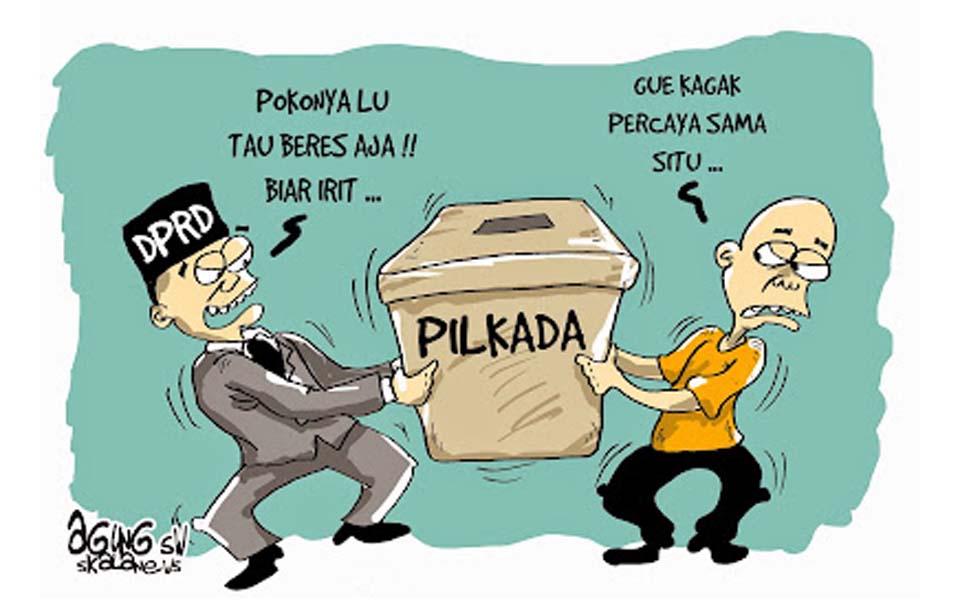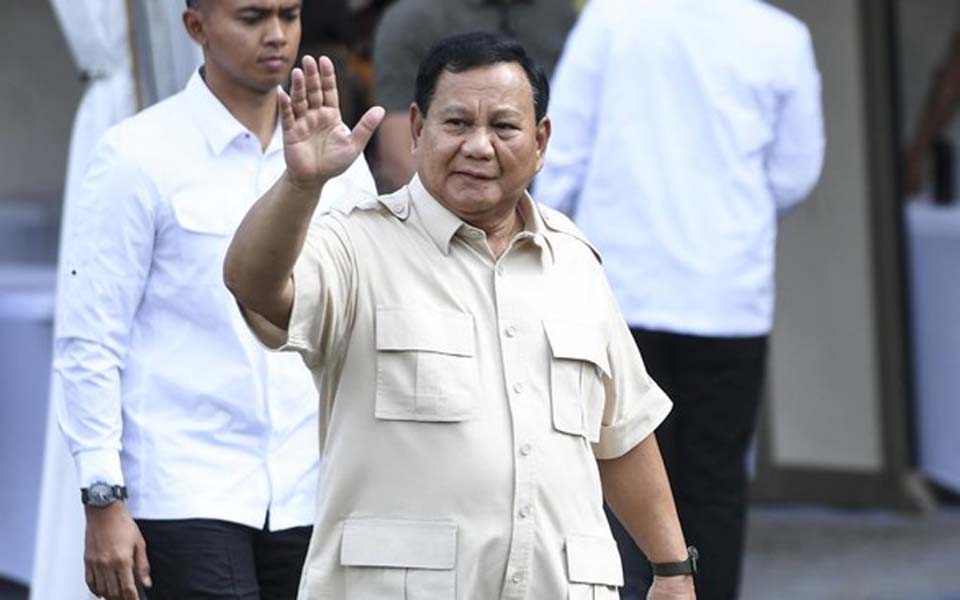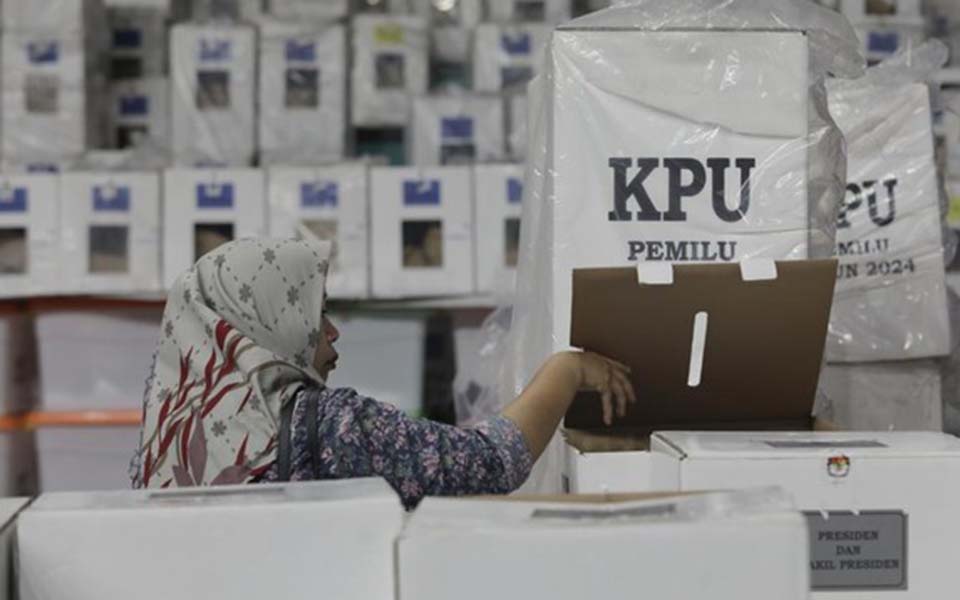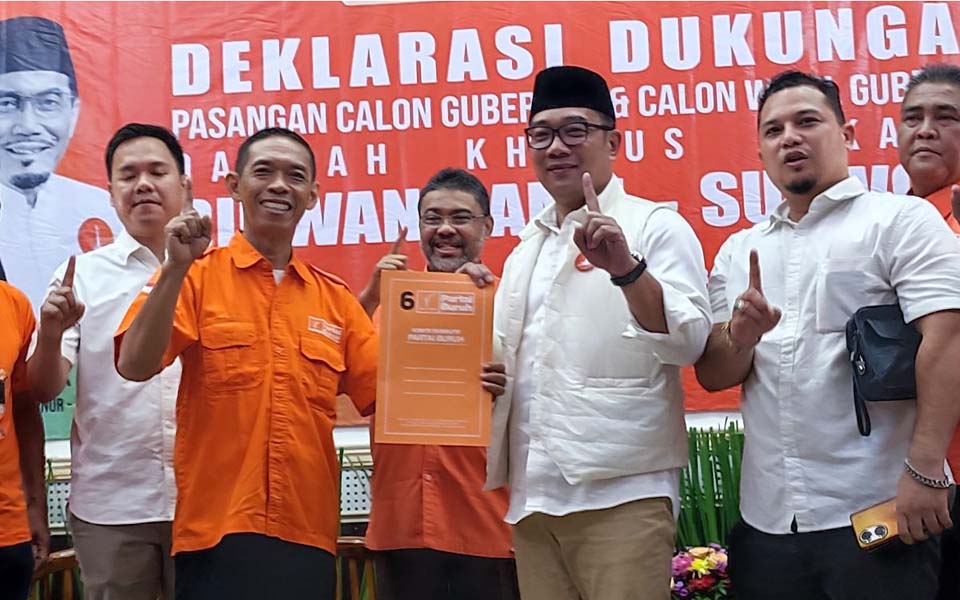Iqbal Fadil, Jakarta – A warning signal was raised today for political parties referring to themselves as Islamic parties. It is predicted that their votes in the 2009 elections will plummet and are unlikely to match those gained in the 2004 general elections.
“The total number of votes for Islamic parties is unlikely to exceed their share of votes in the 2004 general elections”, said Professor Greg Fealy, a researcher in South-East Asia studies at the Australian National University.
Fealy made this comment during a discussion titled Islam and Indonesian Politics in the Lead Up to the 2009 general elections, which was organised at the Indonesian Institute of Science (LIPI) building on Jl. Gatot Subroto in Jakarta on Wednesday February 6. Fealy was even prepared to make predictions on the percentage of votes that that the Islamic parties will get.
Looking at the current situation, Fealy noted that the Islamic based United Development Party (PPP) would only be capable of garnering around 4-6 percent of the vote. “A year after being led by Suryadharma Ali there has been no revival or breakthrough achieved by the PPP. No consolidation at the base has been carried out either. In addition this Suryadharma as a figure is not well known,” explained Fealy.
Fealy, who has been conducting research in Indonesia for some time went on to focus on the National Awakening Party (PKB). He said that the state of the PKB at present could be described as being one of disarray. “[Former President and PKB leader] Gus Dur has become like a dictator in the party. He determines everything. The Muhaimin Iskandar leadership has been undermined”, he said.
The internal conflict that continues to rack the PKB with dismissals and the suspension of regional leadership bodies will cause the grassroots membership to turn away from the party. Moreover the rapid development of the Ulema National Awakening Party [PKNU, founded by senior Nahdlatul Ulama clerics disappointed by the Gus Dur-controlled PKB – JB] will further undermine the PKB’s vote among their mass base in East Java.
Fealy said that by relying on the loyalty of the remaining members of Nahdlatul Ulama, the PKB would only be able to maintain a figure of 8-10 percent of the vote in the 2009 elections.
Fealy went on to cite the National Mandate Party (PAN) as another Islamic based party that is experiencing a slump in votes. The party has been visibly weakened since the replacement of the Amien Rais leadership.
“PAN is very much dependant financially on its general chairperson Soetrisno Bachir. In addition to this there is tension on the ground with [their traditional supporters from the Islamic mass organisation] Muhammadiyah”, said Fealy who is fluent in Indonesian. Fealy is convinced that PAN’s vote will decline drastically. “It will be difficult for them to get above 4 percent”, he asserted.
With regard to the Justice and Prosperity Party (PKS) meanwhile, Fealy make a similar prediction. Saying that the target of 20 percent in the 2009 elections as cited by the PKS leadership is far too ambitious. Fealy is also convinced that PKS’s recent moves to declare itself as a party open to non-Muslims will be of little help. This is because of a slump in the PKS’s image as a clean and idealistic party.
“The PKS has a lot of enemies at the moment. The Islamic mass organisations such as Nahdlatul Ulama, Muhammadiyah and United Islam (Persis) oppose them on the ground. This is because the assets of these mass organisations such as mosques and educational institutions have been taken over by PKS cadre. There’s a fight emerging”, said Fealy.
Referring to a number of surveys by the Indonesian Survey Institute and Indo Barometer, Fealy said that the PKS’s vote would be around 4-5 percent. In generally terms, Fealy concluded by saying that the total vote for the Islamic parties in the 2009 general elections will only be around 20 percent. (bal/sss)
[Translated by James Balowski.]















